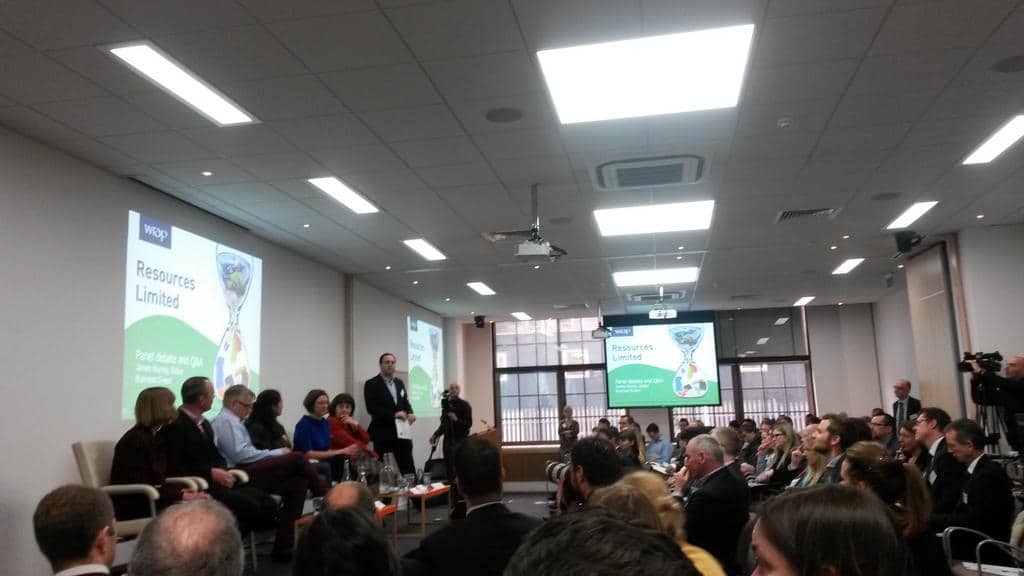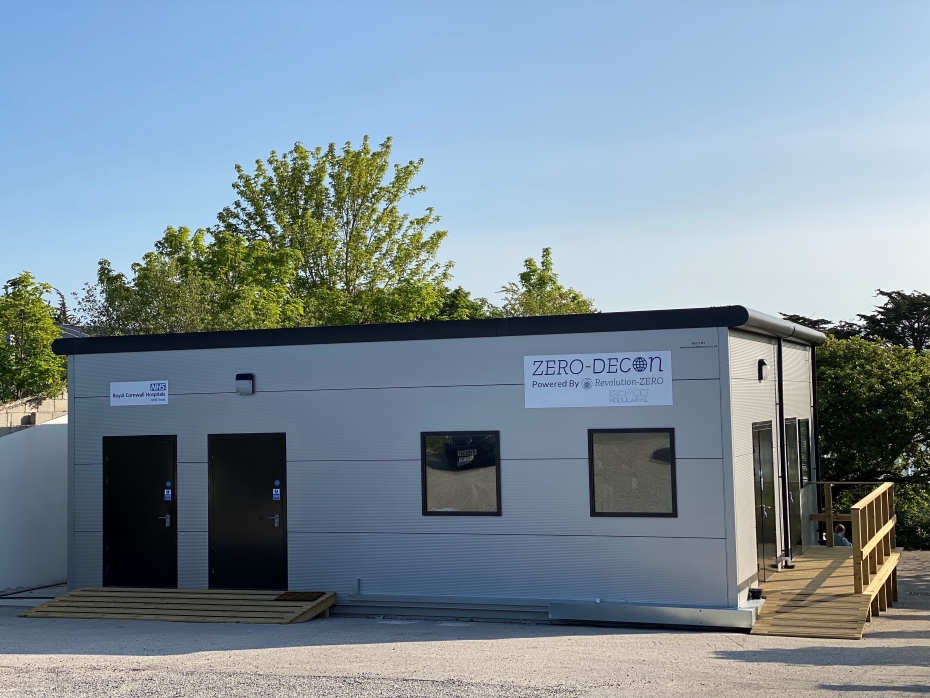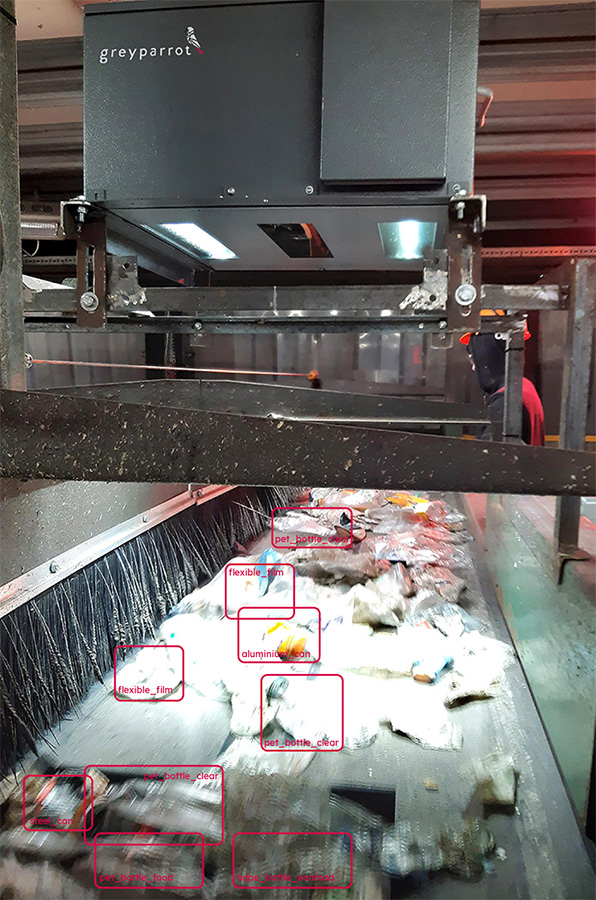
The Electrical and Electronic Sustainability Action Plan (esap) will help organisations repair, reuse and recycle electrical products, working collaboratively across the product lifecycle.
Signatories to the scheme were announced by the Waste & Resources Action Programme – which is leading esap – at the organisation’s ‘Resources Limited’ conference in London today.
WRAP estimates that the UK market value for trading pre-owned equipment to be worth up to £3 billion, and that encouraging the trade-in of used TVs alone could grow UK GDP by over £750 million per year by 2020.
Value
The 50 esap signatories represent around 66% of the UK’s TV sales, and their actions will include implementing new business models such as take-back and resale, extending product durability, and, gaining’ greater value’ from reuse and recycling.
WRAP adds that by trading in, consumers could get money for a product they no longer want, and businesses could generate greater loyalty by reaching out to customers who could not previously afford a particular brand.
Commenting on today’s announcement, a spokesperson for Sky said: “Our new partnership with WRAP will help us to drive even greater resource efficiencies across the whole product life cycle, with a particular focus on the reuse and recycling of our products. We look forward to collaborating both with WRAP and our fellow signatories.”
‘Complex web’
Addressing delegates at the London event, Dr Goodwin referred to sustainability schemes such as esap as ‘bells calling many to church’ and said WRAP was sitting at the heart of a ‘complex web’.
[testimonial id = “94” align=”right”]
Dr Goodwin added that she wanted to ‘bury the urban myth’ that the organisation was part of government, although it would continue to work closely with the Department for Environment, Food and Rural Affairs (Defra).
She said: “The more complicated we make products, the greater the proportion of their impact in manufacture. The more complicated a product, the more material, and the more materials whose supply raises economic, environmental, social and political issues. We need to make better use of the products we have, and to make them better.
“Today I can announce that we have 50 major players in that sector signed up to an agreement which will lead to testing targets. This is not just about reaping environmental benefits. It is about safeguarding businesses, making better use of resources.
“There are five themes to the work. Extending product durability building on WRAP’s better appliance guidance, minimising product returns, understanding and influencing consumer behaviour on product durability and reparability, implementing profitable, resilient and resource efficient business models and gaining greater value from re-use and recycling.”
Panel
Speakers who joined Dr Goodwin for a 90 minute Q&A session at the conference included Baroness Scott of Needham Market, Carmel McQuaid, head of sustainable business at Marks & Spencer, Fiona Disegni of Rentez-Vous, Dr Alan Knight of ArcelorMittal, and Sean Feeney, chief executive officer of Environcom.
The panel – chaired by Business Green editor James Murray – fielded a wide range of questions with a focus on what could be done to reduce consumption and drive reuse across the supply chain.
Ms McQuaid argued that the focus on closed loop “is not very helpful” as it promoted the segregation of materials. She added that urbanisation drives sustainability with less space meaning less cars on the road and more people using launderettes than buying their own washing machines.
Localism
But Baroness Scott countered that interventions in transport were also needed that did not isolate or anger residents living in villages and market towns. Asked what government could do to promote the sustainability agenda, Baroness Scott said more could be done to promote localism and align services.
She said: “We have all these materials but we need an efficient infrastructure to deal with them. Local authorities need to stop all doing it differently and start doing it the same way. It’s telling that there is not a lot of focus on this at a government level, I wish we could have more policy making based on evidence.”









Subscribe for free